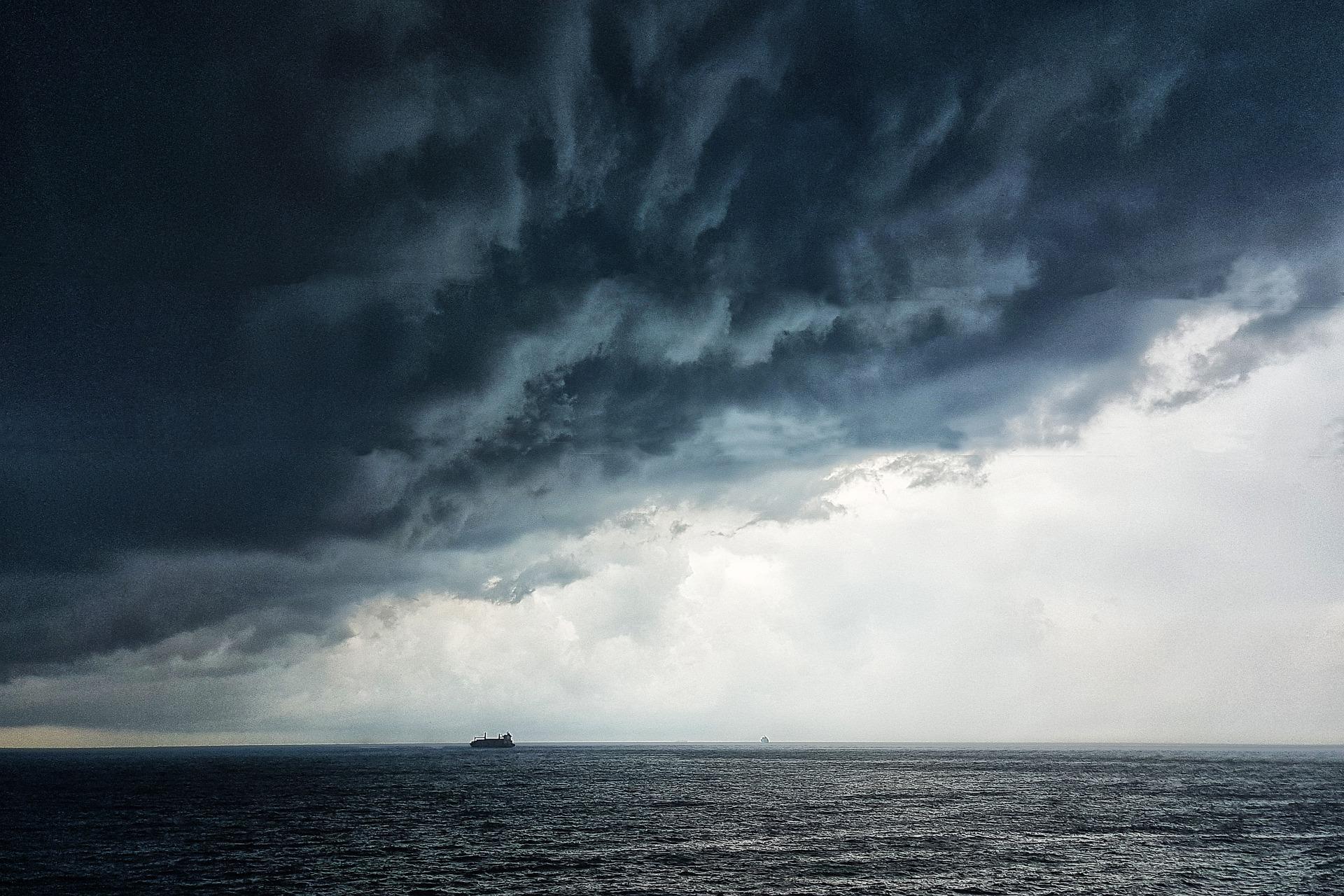 Being pregnant can be stressful on its own, but when there are things like flooding, power outages, or another bad weather-related emergency, being unprepared can add extra layers of worry.
Being pregnant can be stressful on its own, but when there are things like flooding, power outages, or another bad weather-related emergency, being unprepared can add extra layers of worry.
While it is easier said than done, above all else, try not to stress out. Stress can adversely affect your body and the baby. Below are ways to prepare and ideas on what to do during such an event.
Being in Texas means there are occasional hurricanes. Thankfully in most cases, there is enough warning to prepare properly. Before the hurricane arrives, you should create a family communication plan, so everyone knows what needs to be done before and during the hurricane (or an evacuation). Review and practice the plan. Be sure to include the intended parents on what your plans are.
While you may have had a specific hospital in mind to deliver your baby, you need to have alternate locations where you can have your baby if the hospital or birthing center is not an option during the storm. If you are close to your due date, speak with your health care provider in advance on what they recommend to do in case of an emergency. They may be able to provide you with a list of resources, safety precautions and dos and don’ts specific to your pregnancy needs.
If you plan to go to a hospital shelter, check in advance to see if they have a room for you, who may come with you, and what supplies you will need to bring. Typically, in these situations, space is very limited.
Next, you should pack your emergency supplies. This is a great list of items you should pack if you are pregnant:
- Nutritious foods such as protein bars, nuts, dried fruit, and granola
- Maternity and baby clothes
- Prenatal vitamins and other medications (Make sure to have a list of all prescriptions and vitamins you currently take and have at least a two-week supply). Keep these in a sealable plastic bag. Also, if possible, bring all medications in their original prescription bottle. In an emergency, an emergency decree allowing pharmacies to refill medications may be made, but you must have the original bottle.)
- Extra bottled water
- Emergency birth supplies such as clean towels, sharp scissors, infant bulb syringe, medical gloves, two white shoelaces, sheets, and sanitary pads
- Two blankets
- Closed-toe shoes
*list provided by http://www.getreadyforflu.org/Resources/Fact-Sheets/Family-Hurricanes
If you have a chronic medical condition or pregnancy-related complication and are planning to leave town, it is important to bring your current medications, your most recently updated medical records, and the name and phone number of your health care provider.
What to Do After the Hurricane
Once the storm has passed, the cleanup and recovery phase begins. During this time, be careful not to become dehydrated or over-tired. Both of these are contributing factors to premature labor. Be sure to get plenty of rest by taking frequent breaks, drink plenty of water, if possible, take cool showers, wash hands well and frequently (especially after any contact with floodwaters), do not lift heavy objects, know the signs the signs of preterm labor.
What Happens if You Give Birth During a Storm
The low-pressure systems that come with hurricanes can cause women to go into labor. The signs of labor include increased back pressure and pain, vaginal leaking, light contractions, and your water breaking. If you go into labor during the storm, first call 911. Do not attempt to drive if there is flooding or other severe weather alerts. Driving could make things worse, so above all else, keep you and the baby safe.
If you have to give birth at your home or an alternate location, get in touch with your hospital, health care provider, intended parents, and both sets of attorneys as soon as possible. If you have to evacuate to a shelter, be sure to alert those in charge about your condition right away so that they can find someone to help you. It’s
How to Feed During a Power Outage
If you delivered your baby during the storm and still do not have power, here are some ways you can still feed the baby:
- Pump in the car: most breast pumps can run off your car battery (if your pump needs a car adapter, be sure to look into purchasing this as part of your emergency supplies).
- Hand pumps: Make sure to have a hand pump. These are easy and do not require any electricity.
As a side note, if you have the ability to freeze any milk before the power outage, a good rule of thumb when determining if the milk is still ok is—if there are still ice crystals in the milk, it is fine. Ice crystals mean that it is still frozen and should be safe for the baby.
After Storm Recovery
Once the storm has passed and recovery efforts are finished, if it is safe to do so, it will be time to meet with the intended parents. Hopefully, too much time hasn’t passed since the intended parents will be on pins and needles waiting to meet their sweet baby! Shared Conception will be here to help you through this process. If you have any questions about preparing for a storm or how to stay in touch with our agency and the intended parents, please contact us at: 713-622-1144.


Recent Comments